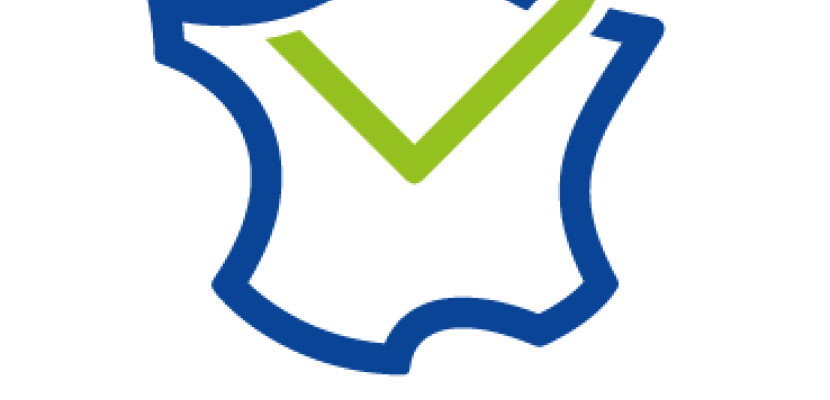
Hauts-de-France: Facilitating the S3 ecosystem (Strategic sectors governance)

About this good practice
The Hauts-de-France Region has set-up 7 priorities (“Domaines d’Activités Stratégiques” DAS) in its Smart Specialization Strategy (S3). These strategic sectors are:
• Mobility
• Health & nutrition
• Bioeconomy
• Creative industries
• Materials
• Energies
• Digital-robotics
A board is set up for each of the strategic sector (“DAS”), composed of representatives of the French State, the Hauts-de-France regional council, the academic world, clusters, consular organizations, incubators and the local innovation agency. It meets at least 4 times a year. Its main role is to propose a collective strategy and formalize it in a roadmap in order to develop an agile and efficient organization to collectively respond to calls for National and European projects.
These meetings are also a way to collectively monitor visits and support made for local companies based on a shared reporting of everyone’s activity (Cf. ASTRIDE Good Practice).
The board also gives an advisory opinion on ERDF projects, to ensure proper articulation between implementation of the S3 and financial programming of the ERDF.
Finally, the board has recently open its meetings to local innovative companies so that they can express their needs to the R&I ecosystem (academics, clusters, institutions).
Resources needed
This action implies the coordination of the meetings by the Region’s Economic Department and the active participation of several departments: Europe, Research and the thematic sectors affected (Health, Transport, etc.)
In order to cover the S3 sectors, about 28 meetings are organized each year.
Evidence of success
The 7 strategic sectors identified in the Hauts-de-France S3 are led by a rich Research & Innovation ecosystem made of academics and more than 50 economic partners whose purpose is to foster innovation and business development (clusters, innovation agencies, incubators, etc.) all coordinated in sectorial road maps.
Having a dedicated bureau where all the representatives of this dense ecosystem can meet and share information helps the Region in its collective ambition.
Potential for learning or transfer
Regional Research and Innovation ecosystems are made up of multiple actors, facing various challenges and opportunities.
Having such a coordination with the Research and Innovation stakeholders within the Smart Specialisation Strategy (S3) framework provides a forum where each actors involved can share knowledge, news, receive information on Local, National and European calls for projects and discuss collective ambitions in order to improve public policies. It is also a way to create links between the academic & economic worlds.
No particular requirements or region specific characteristics to be taken into account for an interregional transfer of this informal practice.
Due to its informal character it is an agile tool and can be easily adapted by other European regions.
